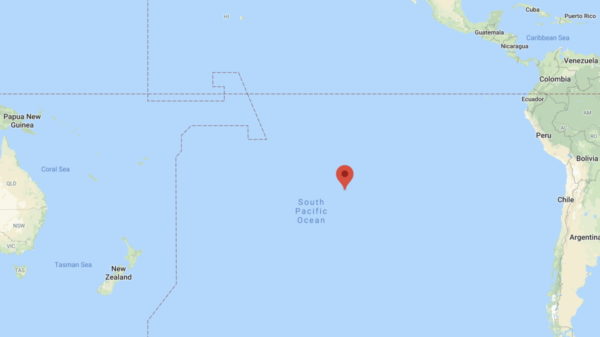The UK non-dom status, short for non-domiciled status, is one of the best tax planning opportunities in Europe for location independent entrepreneurs and remote workers. In this post, I explain how it works and detail how to apply.
What is non-dom
Domicile is not automatic and is not a status you can apply for. It is determined on a case-by-case basis and relies heavily on case law and circumstances. Where you were born, where your family lives, where your center of economic interests is, where you bank and hold your assets etc are all factors taken into consideration. It is also important to understand that while it is technically possible to be a resident of nowhere, it is impossible not to have a domicile. Even stateless individuals have a domicile.
A non-dom individual is a resident of the country issuing the status, but is not deemed to be domiciled there. Here is an example illustrating this:
John is a Chilean citizen. He spends eight months every year in the United Kingdom, long enough to qualify him as a tax resident. John derives all his income from his business back home in Chile, he also owns a house there. John has no plan to permanently settle in the UK. Because of this and his ties to Chile, John is considered to be domiciled in Chile for tax purposes, while a non-dom tax resident in the UK. He is thus taxed on his worldwide income by Chile while the UK only taxes John on his UK-sourced and remitted income.
With proper structuring in place, non-dom status can be used to live in high tax countries such as the UK tax-free or nearly so. It also represents an interesting arbitrage opportunity when it comes to claiming tax treaty benefits. For more details and examples, read the residency section of the Freedom Surfer Course.
UK non-dom
If you qualify for tax residency in the UK (see this guide for the exact requirements), but have your domicile in another country, and proof to support this claim, you can file in the UK as a non-dom resident.
The way this works is simple, you must file a self assessment return on which you report your worldwide income, the same way you would as a “normal” UK tax resident. In addition, you must also file SA109, the residence and remittance basis schedule, on which you provide details regarding your domicile, non-remitted foreign income and overall situation.
Assuming that HMRC accept your claim, you will only pay UK tax on your UK sourced income, and remitted income (foreign income brought into the UK).


































